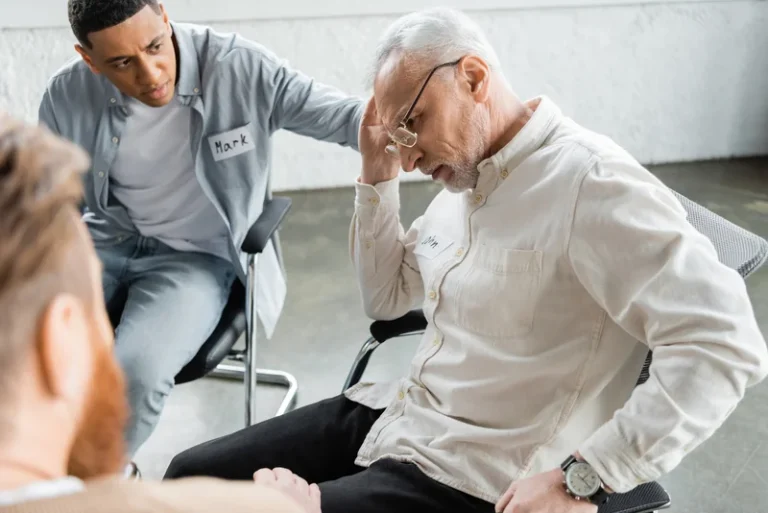
On the other hand, internal triggers are internal states, emotions, or thoughts that lead to cravings or a desire to use substances. Alcohol Use Disorder These internal stimuli can be intense emotions such as stress, anxiety, sadness, or loneliness. They can also include certain thought patterns or memories that are linked to substance use.
Road to Recovery Blog
Support can come from therapists, support groups, sponsors, mentors, or trusted friends and family members who are committed to your well-being. Avoiding or modifying these triggering environments is important in relapse prevention. If attending specific events or gatherings is necessary, developing an exit plan or bringing a supportive companion can provide a safety net.
How CBT addresses negative thought patterns in addiction
It may seem obvious to point out that drug and alcohol cravings can trigger a relapse, but it is what are external triggers worth discussing so that you can develop a plan for dealing with these triggers. Being able to identify triggers and implement healthy ways to manage them will be critical skills for your recovery journey. A therapist can help you identify and cope with your PTSD triggers in a safe and supportive setting.

How can External Triggers be Managed?

These triggers can be challenging to manage, especially when friends or acquaintances still engage in substance use. Building a strong support network and cultivating new relationships with individuals who support sobriety are essential in navigating social triggers effectively. The uniqueness of substance abuse triggers highlights the importance of personalized treatment and tailored relapse prevention strategies. Each individual’s triggers must be identified and addressed in a way that acknowledges their individual experiences, vulnerabilities, and patterns of substance use.
- Even people with a strong commitment to recovery can find themselves struggling when faced with powerful triggers.
- If you or a loved one has experienced a relapse, or are just considering treatment options, we are here to help you.
- By addressing both internal and external triggers, individuals can take control of their recovery journey.
- The combination of therapy, a structured treatment plan, and possible medication aids individuals in effectively managing their triggers, ultimately reducing the risk of relapse.

Let’s explore what addiction triggers are, the importance of recognizing them, and effective strategies to manage cravings and prevent relapse. When it comes to external triggers, active avoidance of certain places, breaking ties with specific individuals, and taking other conscious steps to limit exposure are advised. In contrast, managing internal triggers may involve developing healthier coping mechanisms and seeking professional help to better understand and process negative emotions. In some cases, medication-assisted therapy (MAT) may be incorporated into the recovery plan to help manage cravings and emotional distress. Medications like Naltrexone for alcohol addiction or Buprenorphine for opioids can provide essential support. The combination of therapy, a structured treatment plan, and possible medication aids individuals in effectively managing their triggers, ultimately reducing the risk of relapse.

A relapse trigger is a situation—environmental, emotional, social—that drags up memories of past drug or alcohol use. Triggers do not necessarily lead to relapse, but they do make it harder to resist substances because of the cravings they produce. This is why it’s so important to recognize your triggers and have healthy ways to cope.
How Does This Trigger a Relapse?
- External triggers are situations or objects in your environment, while internal triggers emerge from inside of your own body.
- Get professional help from an online addiction and mental health counselor from BetterHelp.
- Don’t wait— reach out today to take the first step toward taking control of your life.
- We also emphasize the importance of building a strong support network, both inside and outside of treatment, to help you navigate the inevitable challenges of recovery.
- By automating certain behaviors in response to specific cues, we can free up mental bandwidth for more complex tasks and decision-making.
Many different stimuli can be possible triggers, and they are often strongly influenced by past experiences. We also emphasize the importance of building a strong support network, both inside and outside of treatment, to help you navigate the inevitable challenges of recovery. External triggers are influences from your environment that remind you of past substance use.